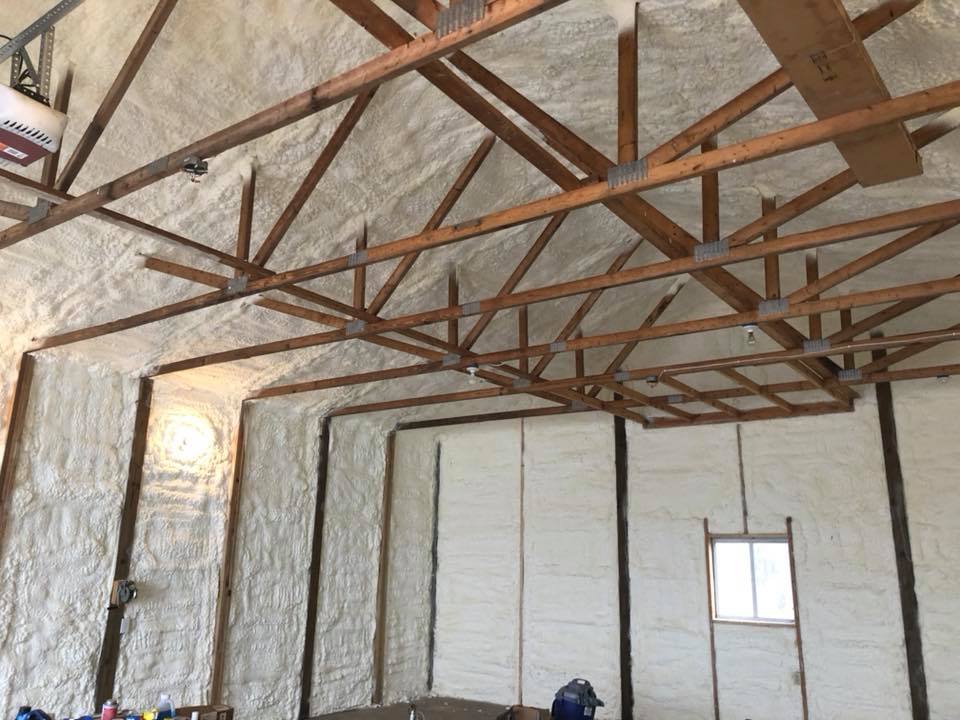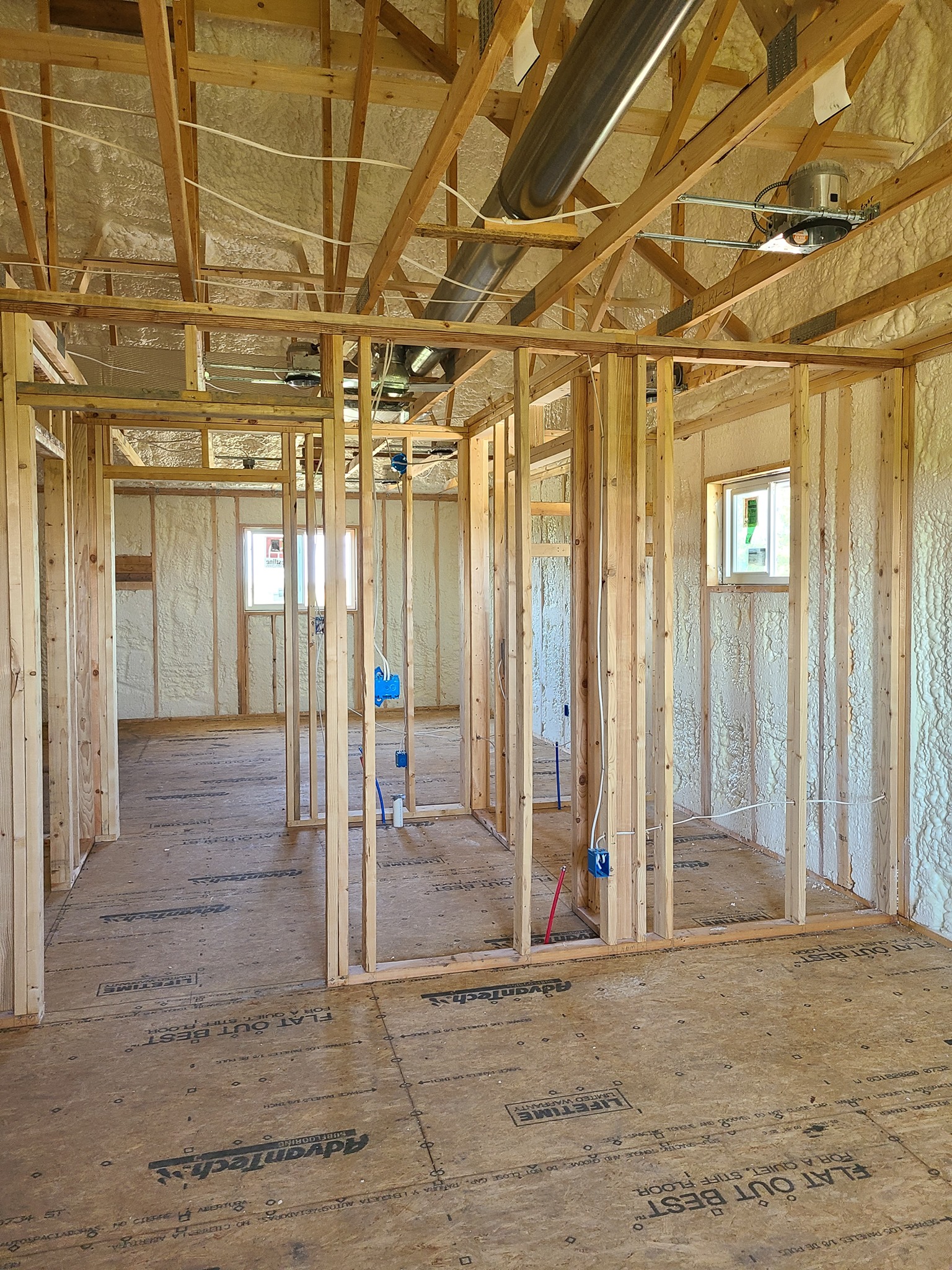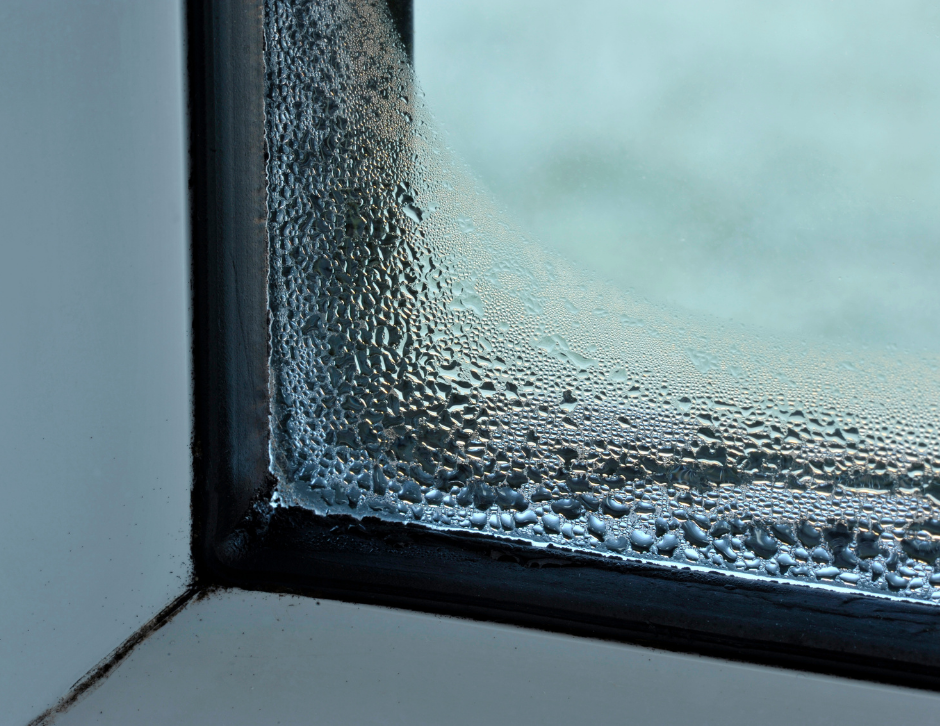by AdvancedSeal
Share
by AdvancedSeal
Share

Residential buildings—especially those with uneven temperatures, high utility bills or visible drafts—benefit most from spray foam insulation. In houses where comfort and energy efficiency matter, foam outperforms other materials by providing both insulation and an air seal in one step. Attics, crawl spaces and rim joists are top candidates because air tends to leak most at the top and bottom of a home. When applied along the roof deck or attic floor, spray foam stops air movement and stabilizes indoor temperature, preventing the constant cycling that forces HVAC systems to work harder.
New home construction also uses spray foam to meet modern building codes that call for tighter envelopes. In Indiana, building codes allow foam insulation in attics and crawl spaces when it’s installed with proper thermal barriers, as outlined in national guidelines by the American Chemistry Council. The system creates quieter, more efficient living spaces and improves indoor air quality by reducing dust infiltration and outside air leakage.
Commercial Buildings and Offices
Commercial structures—such as schools, retail centers and office buildings—often have performance standards that make spray foam the smart choice. These buildings must balance occupant comfort, safety and operating costs while meeting energy codes. Spray foam insulation provides a continuous thermal layer around complex structures with varying wall systems and penetrations. It’s commonly used in low-slope roofs, mechanical rooms and metal-framed walls because it expands to fill gaps and adheres directly to surfaces, creating a monolithic barrier.
The material’s high R-value per inch helps meet stringent efficiency goals without sacrificing interior space. Closed-cell foam, in particular, adds structural strength and moisture protection, making it ideal for Indiana’s seasonal temperature swings. Modern commercial codes also permit spray foam as a roof insulation system when covered with coatings or membranes that meet fire and UV standards.
Metal Buildings, Warehouses and Pole Barns
Metal buildings have unique insulation challenges. Their steel framing conducts heat and cold easily, and the panels can trap condensation that leads to corrosion. Spray foam solves both problems by providing a seamless, moisture-resistant barrier that also strengthens the building envelope. In Indiana’s climate—where warm, humid summers and cold winters can cause large temperature swings—foam keeps interior surfaces dry and prevents drips or frost inside the structure.
Pole barns, workshops, agricultural facilities and storage buildings often require closed-cell spray foam because of its density and ability to withstand contact with metal. It prevents air leakage, stops condensation, and improves durability without adding weight or complicated framing changes.
For a closer look at how this solution works in outbuildings, visit our page on Indiana pole barn insulation.
Buildings With Specialized Performance Needs
Certain types of buildings have strict environmental or structural requirements that make spray foam insulation the best, or sometimes the only, option. Cold storage facilities and food-processing buildings rely on foam’s ability to maintain tight thermal control while resisting moisture intrusion. Similarly, renovation projects with limited wall cavity depth benefit from foam’s higher R-value per inch, allowing compliance with modern codes even in shallow spaces.
Basements, crawl spaces and below-grade foundations also fall into this category. These areas experience constant moisture pressure from soil and groundwater, which can cause traditional insulation to absorb water and lose effectiveness. Spray foam’s closed-cell structure blocks vapor transmission and helps protect against mold or mildew growth.
When it May Not Be Required
Although spray foam offers superior efficiency, it isn’t always the right choice. Large, unconditioned barns or ventilated attics designed for airflow may function well with other insulation types. The key is matching the building’s purpose with the right solution. If your project demands precise temperature control, air sealing and moisture resistance, spray foam is often the top performer.
Our experienced team at Advanced Seal Indiana installs spray foam systems that meet structural, energy and fire protection standards. To discuss your building type and receive a tailored estimate, contact us for a quote.
STAY IN THE LOOP
Subscribe to our free newsletter.
When Indiana homeowners start planning an insulation upgrade, one of […]
What “Fireproof” Really Means Many homeowners assume “fireproof” means a material that […]
Discoloration and Dark Patches Insulation that looks uneven in color […]




